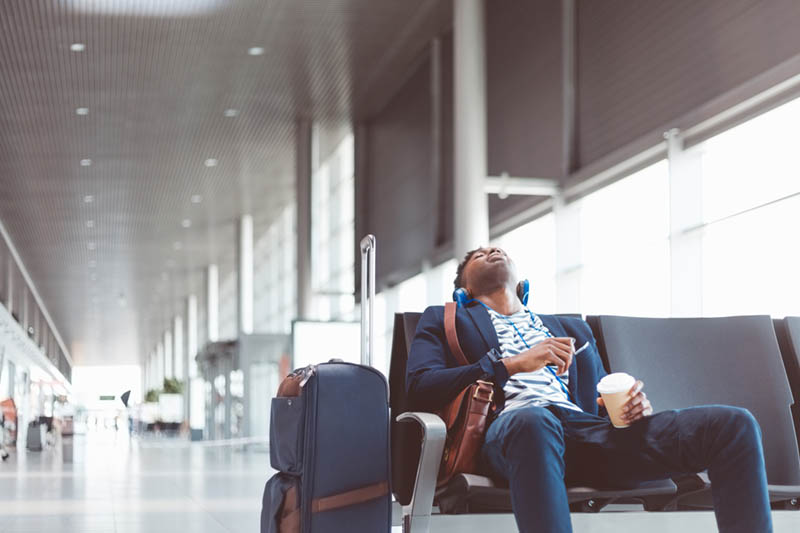By Nurse Alice
JET LAG IS REAL!
It is a temporary sleep problem that can affect anyone who quickly travels across multiple time zones. Your body has its own internal clock, or circadian rhythms, that signals your body when to stay awake and when to sleep. Jetlag occurs because your body’s clock is still synced to your original timezone, instead of to the time zone where you’ve traveled. The more time zones crossed, the more likely you are to experience jetlag.
Arrive early
If you have an important meeting or other event that requires you to be in top form, try to arrive a few days early to give your body a chance to adjust.
Gradually adjust your schedule before you leave
If you are traveling east, try going to be done hour earlier each night for a few days before your departure. Go to bed one hour later for several nights if you’re flying west. If possible, eat meals closer to the time you’ll be eating them at your destination.
Stay on your new schedule.
Set your watch to the new time before you leave. Once you reach your destination, try not to sleep until the local nighttime, no matter how tired you are. Try to time your meals with local meal times too.
Stay hydrated.
Drink plenty of water before, during and after your flight to counteract the dehydrating effects of dry cabin air. Dehydration can make jetlag symptoms worse. Avoid alcohol and caffeine, as these can dehydrate you and affect your sleep.
Make friends with sleep and sunshine.
Try to sleep on the plane if its night time at your destination. If it’s daytime where you’re going, resist the urge to sleep. When you land if it’s daylight, reset your circadian clock by taking a spin around the block so your body can relearn when its day and night.


